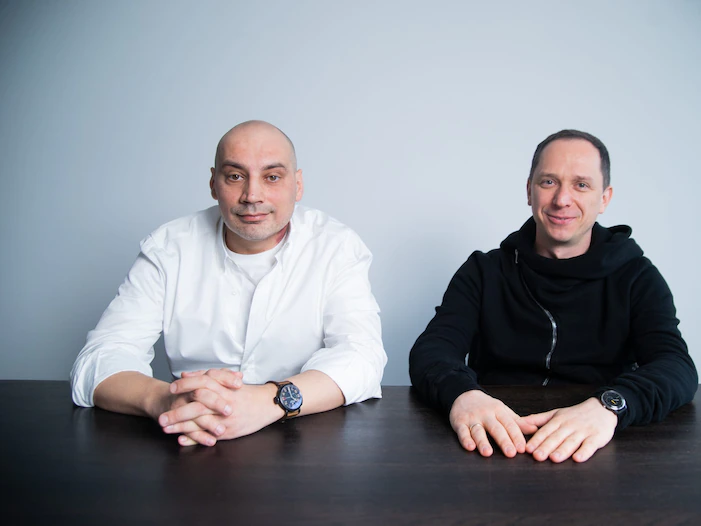Entrepreneur Ankur Nagpal spent seven years building up Teachable, a marketplace for teachers to make their online courses into full-fledged businesses. He raised only $12.5 million in funding before selling to Hotmart, a deal reportedly worth a quarter-of-a-billion dollars. Now, Nagpal wants to use his experience as a founder to help other founders scale their businesses.
Amid a proliferation of emerging fund managers, Nagpal’s “big pitch” is that founders want to take advice from people who feel like peers, are on their level and work at their speed. In other words, entrepreneurs want investments from people who have good vibes.
This ethos in mind, Nagpal announced today the official launch of Vibe Capital, a $60 million fund to back pre-seed and seed startup founders working across all sectors, but especially those working on physical and mental health. The fund will raise another $10 million post-launch, from community and other LPs via the AngelList platform.
“Yes, there are too many funds, and yes everyone is trying to start a fund, but that does mean that it’s more likely now that founders will find investors they get along with and can really connect with,” Nagpal said. He likened the trend to what he saw happening within Teachable, where the rise of more teachers led to more students connecting with their instructors.
Vibe Capital thinks it can differentiate from the steady drumbeat of new emerging fund manager funds by going out of its way to back talented founders. Literally.
Nagpal says that Vibe Capital will make roughly half of its investments in emerging markets, because there is a shortage of operator solo GP funds focused outside of the United States. Among its first 10 investments in the fund, Vibe Capital has companies in Portugal, Kenya, Zambia, Canada, Pakistan, India and Chile.
The international angle is one that is personal to the entrepreneur. Nagpal is a first-generation American who has lived all over the world. He plans to move, for three to four weeks, to geographies in which he plans to invest: in December he’s spending a month in India, in January he’s spending two months in Latin America and in the spring, he’ll find a new place to live.
A key investment area of Vibe Capital will be in the world of proactive wellness, further proven by the rise of once-nascent hormonal health startups.
“Most healthcare dollars have traditionally been spent on sickness and when things go wrong. But we are entering a time where proactive wellness is finally coming of age,” Vibe Capital’s website reads. “We are extremely interested in businesses that proactively enable people to be their best physical and mental selves.”
Vibe is not Nagpal’s first foray into the world of investment. He debuted an $11.75 million fund last spring before raising today’s chunk of cash. As the entrepreneur described in a Twitter thread, portfolio performance was well above expectations: 24 companies had a priced round mark-up, and another six had a substantial SAFE markup, leading to around 70% net internal rate of return (on paper).
Still, he admitted that he’s unsure how much of the growth is the portfolio, and how much is simply market conditions. The bizarreness of the market, and its impact on numbers, is a sentiment shared across any emerging fund manager operating today.
As a founder, Nagpal also joined Spearhead, a program created by AngelList’s Naval Ravikant and Accomplice’s Jeff Fagnan to help promising founders become investors. The program gives founders between $200,000 and $1 million investable capital and sets them up with legal entities to invest. Now, Spearhead is an investor in his fund. It’s proof, in some ways, that emerging fund managers can raise more than a micro-fund, and actually create an institutionally backed investment vehicle.
Limited partners in Vibe Capital include Bessemer Venture Partners, Tribe Capital and Foundation Capital, as well as individuals including GSV Managing Partner Deborah Quazzo, Andresseen Horowitz’s Andrew Chen, Better Tomorrow Ventures’ Sheel Mohnot, Gumroad founder Sahil Lavinigia and Sounding Board’s Christine Tao.
Credit: Source link





















